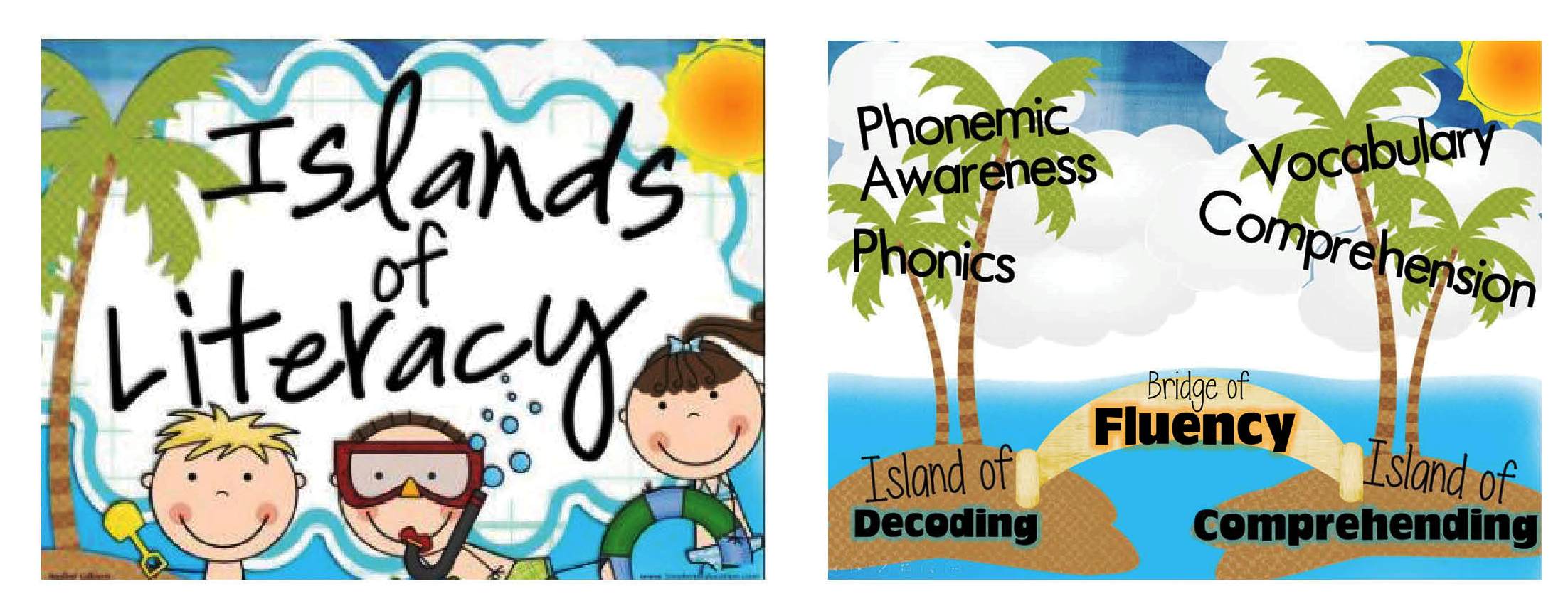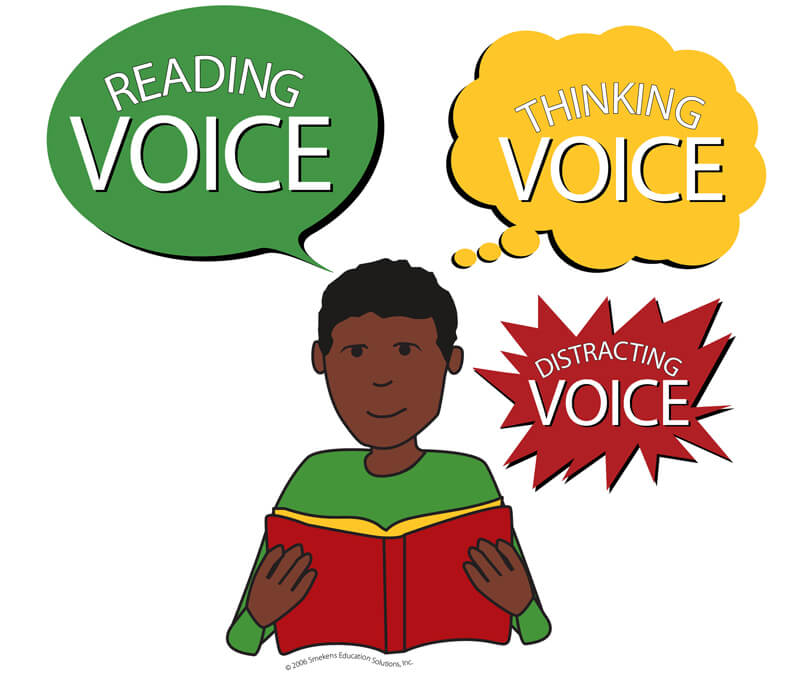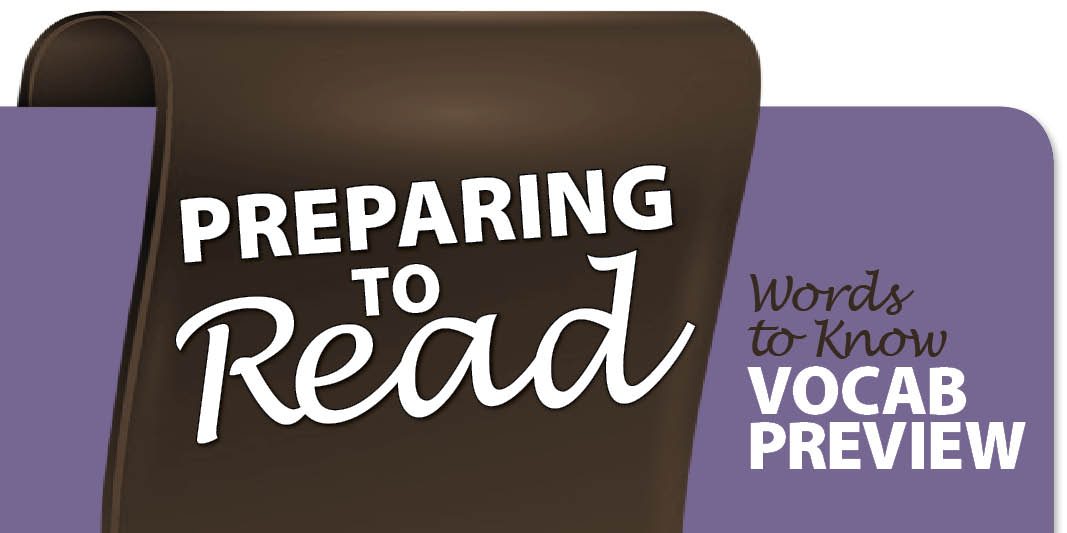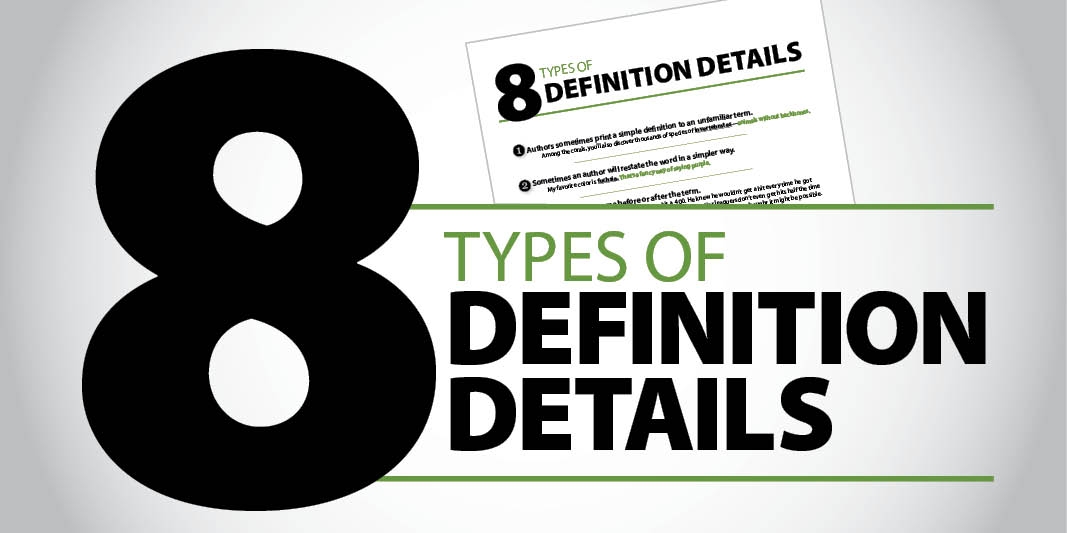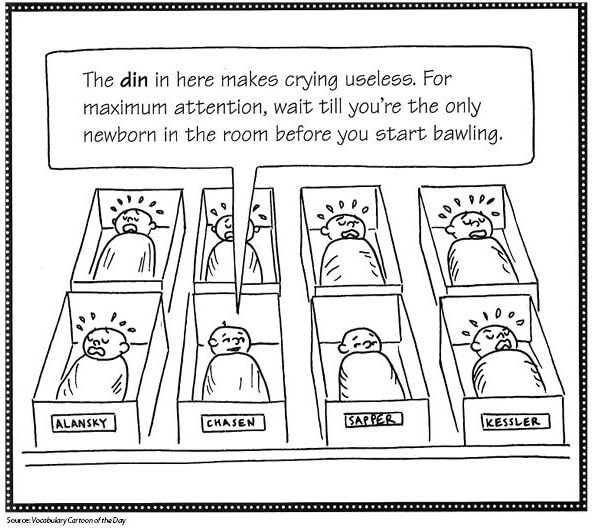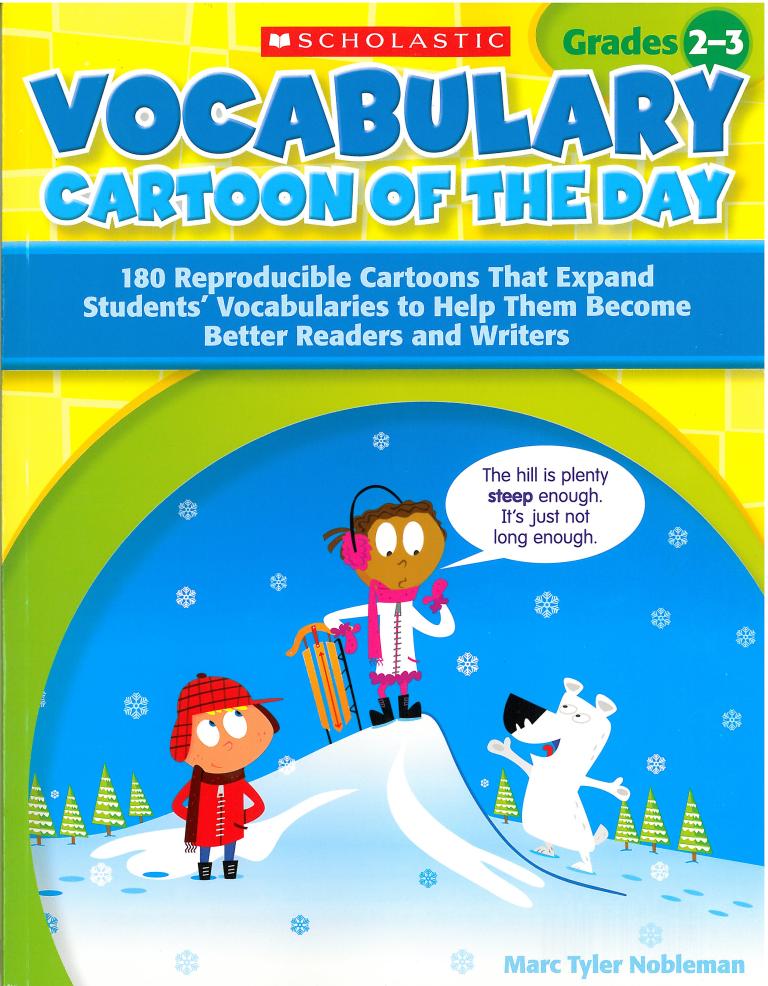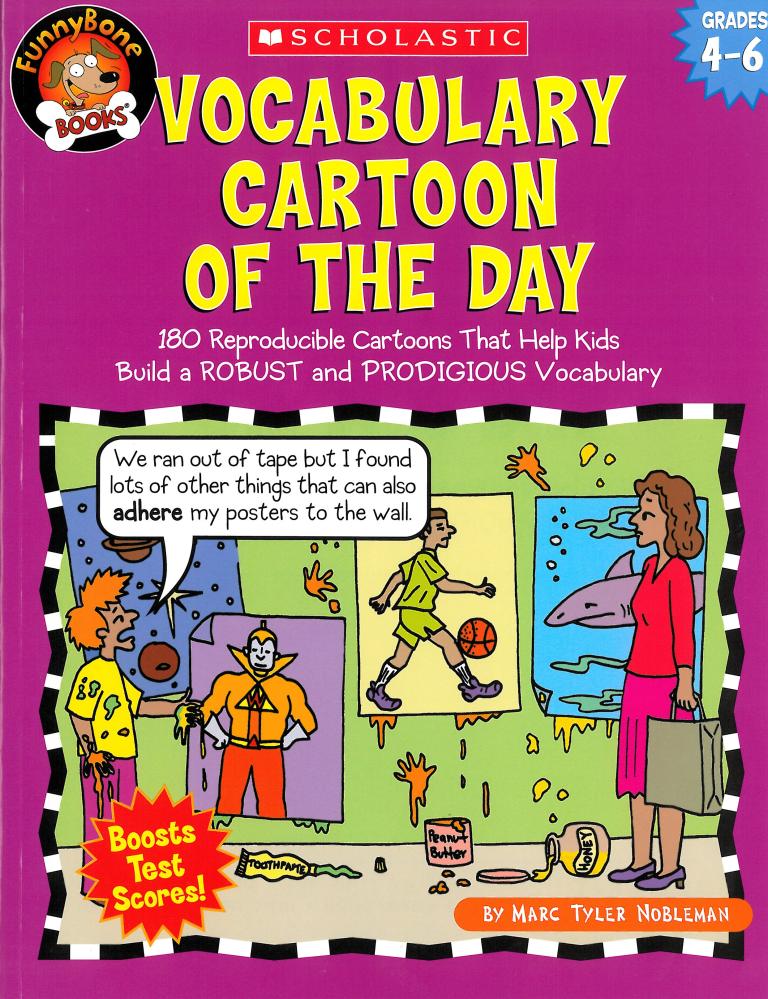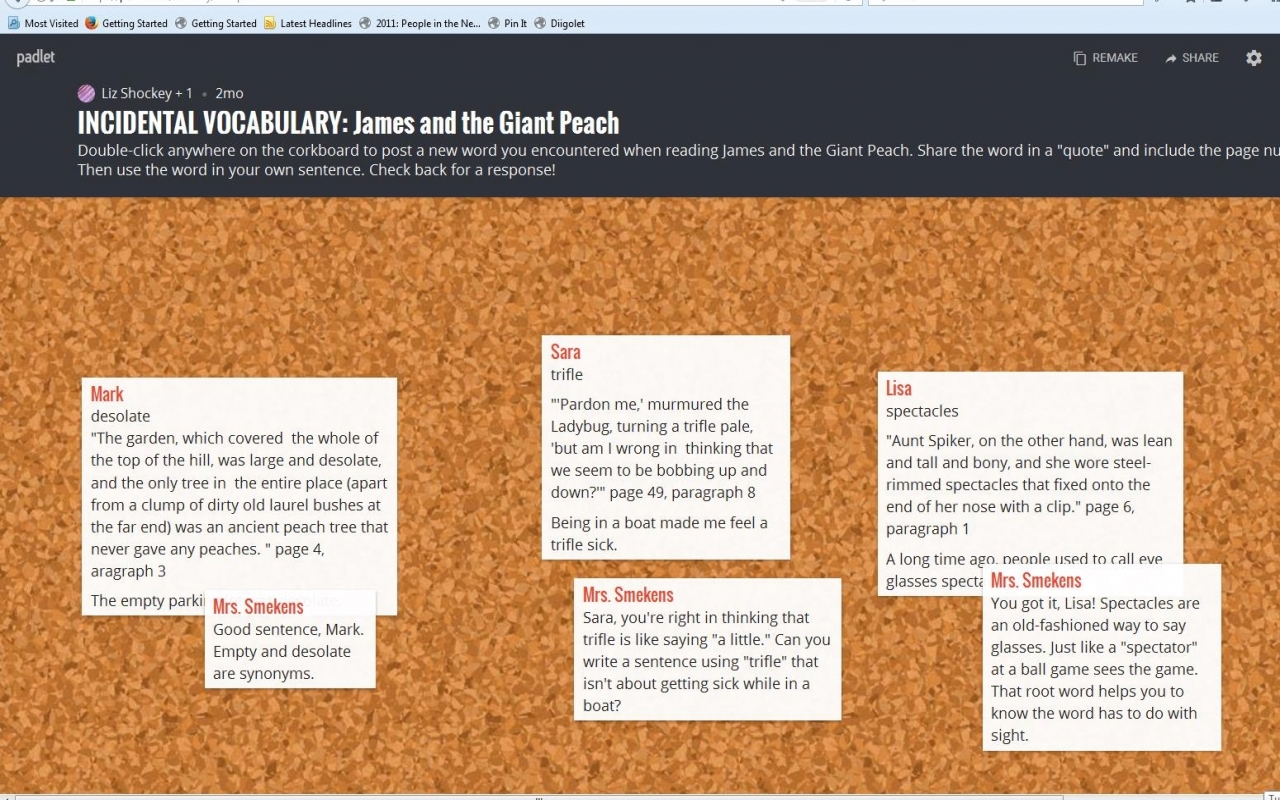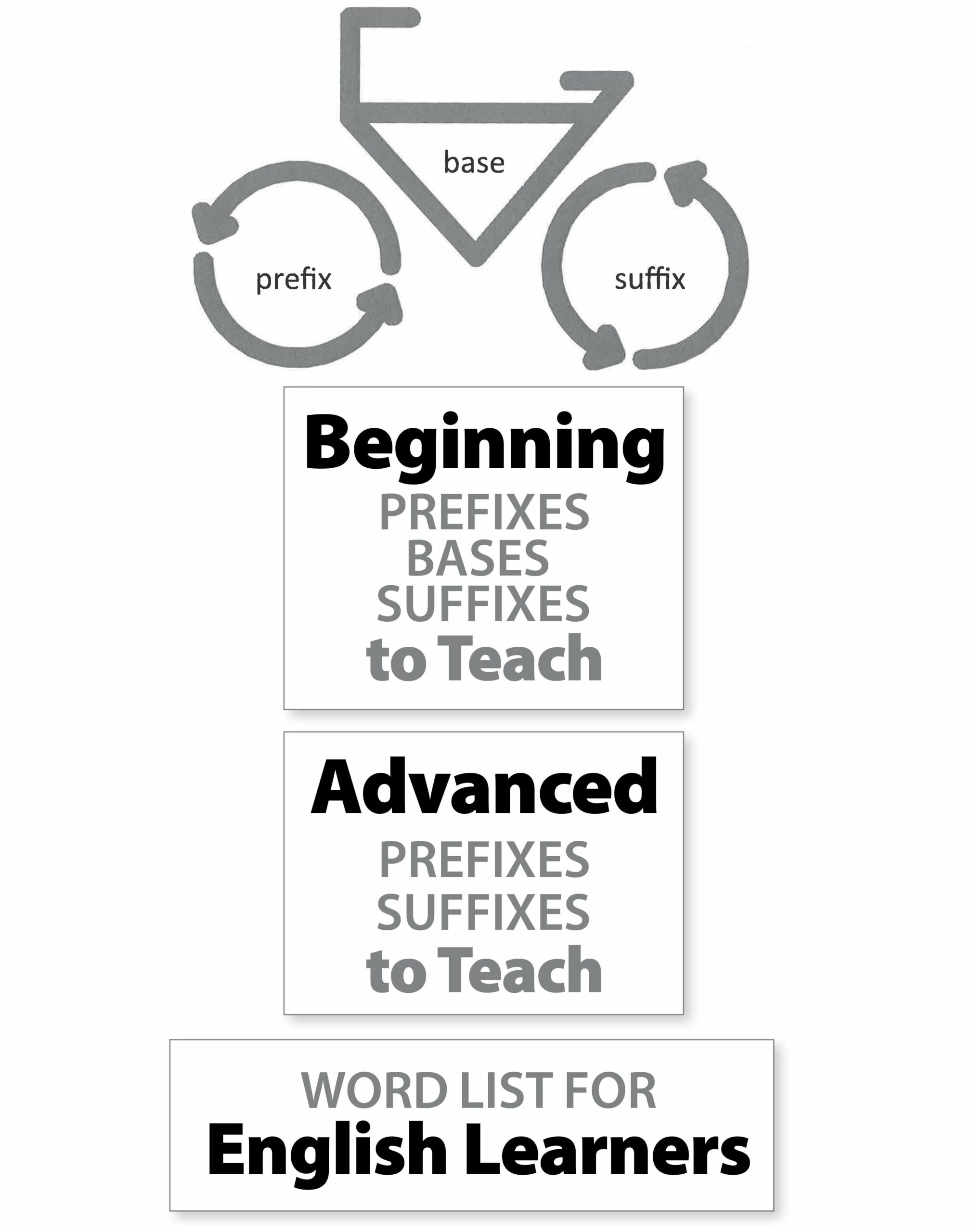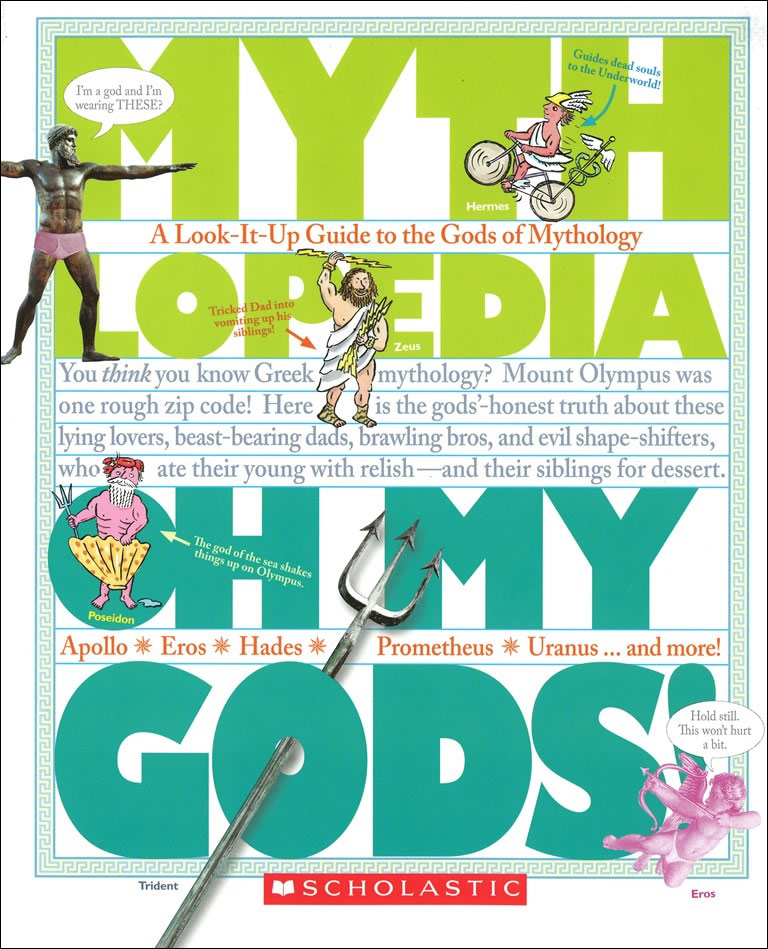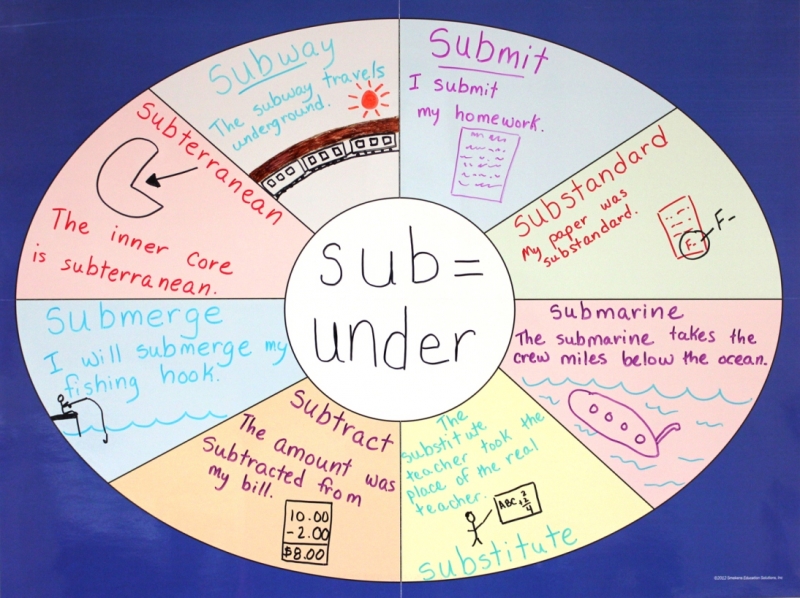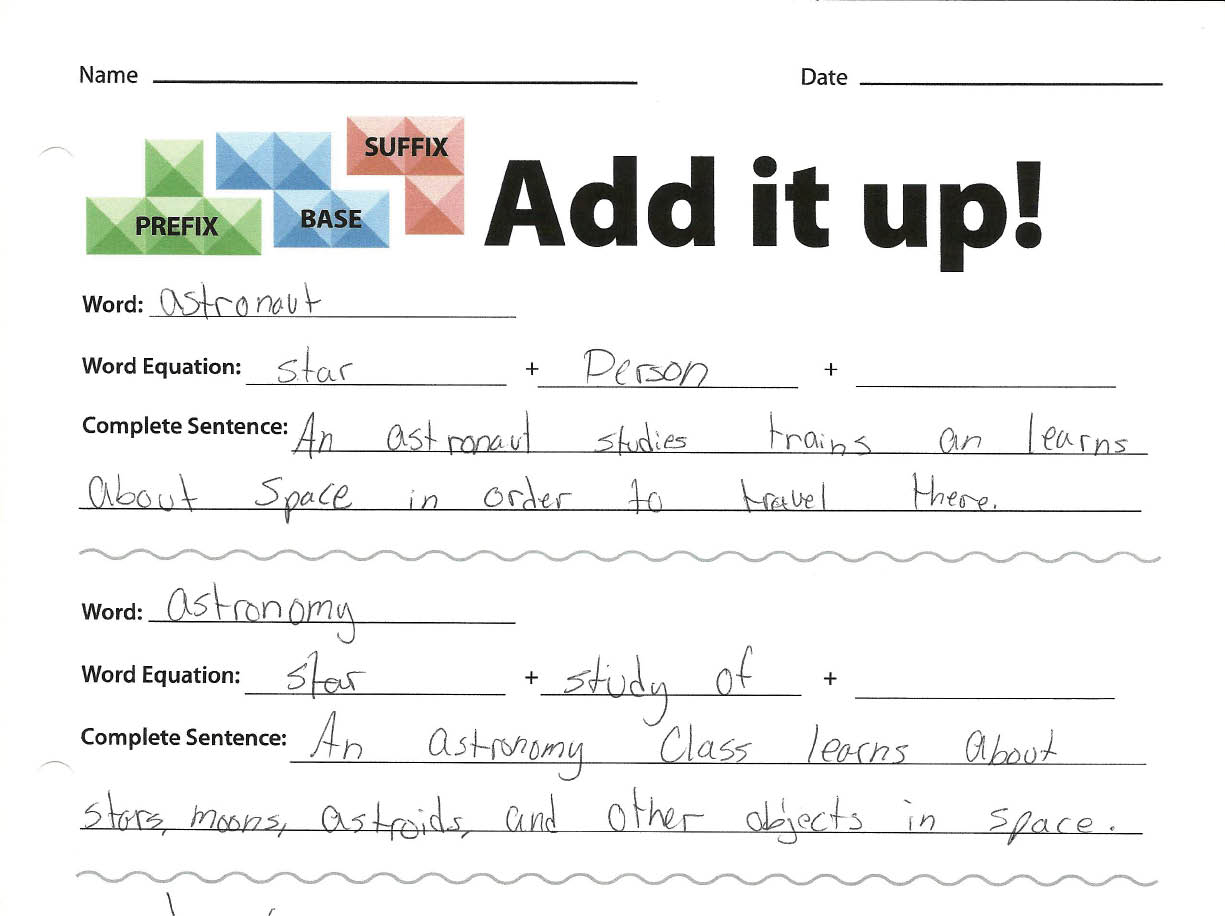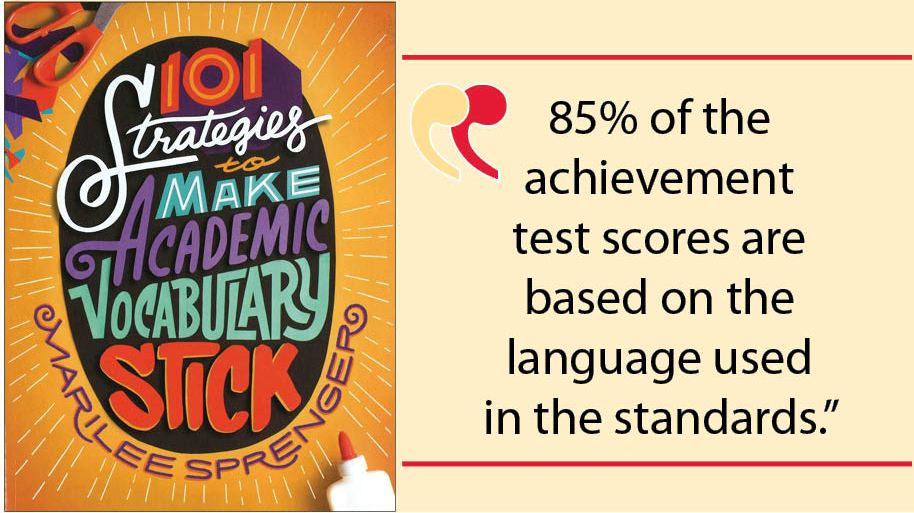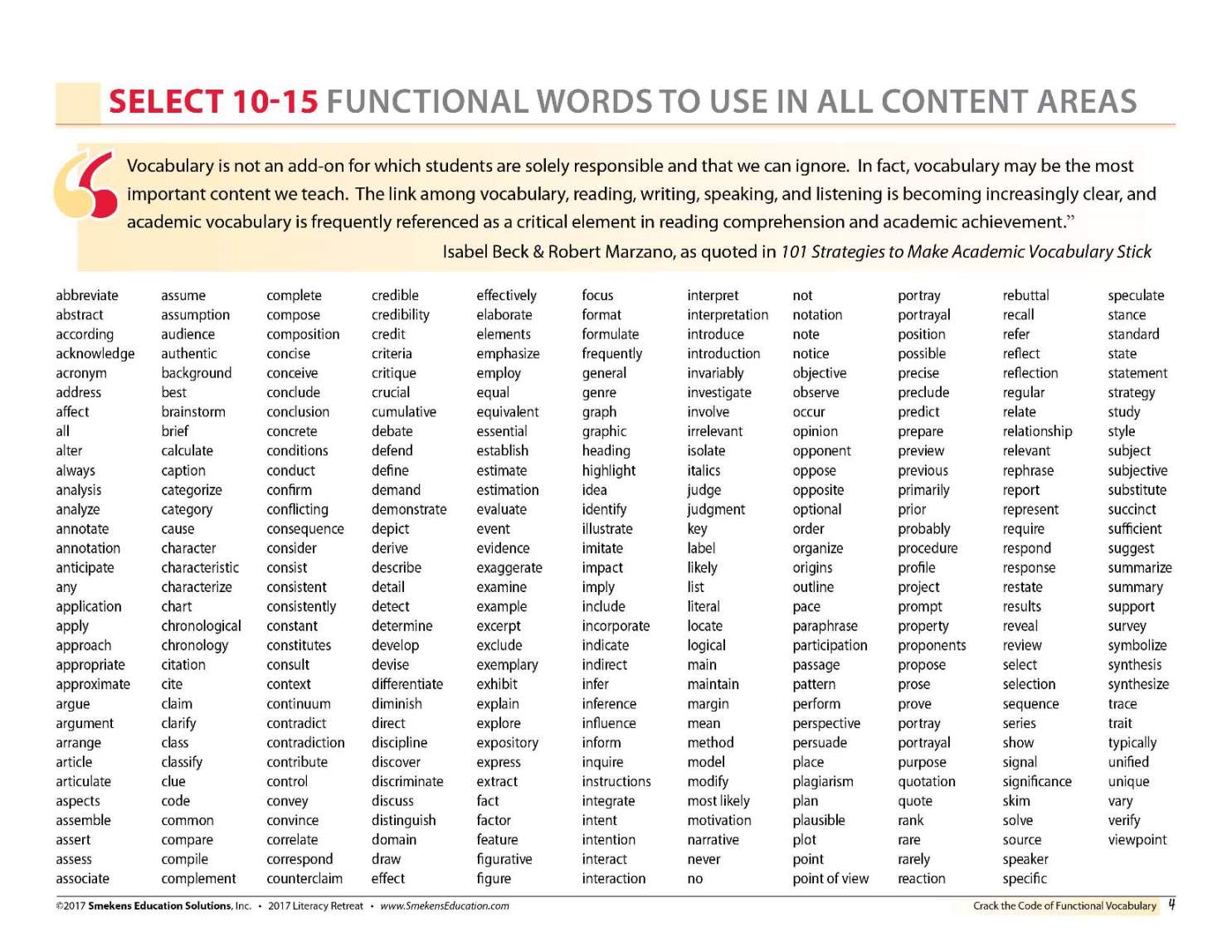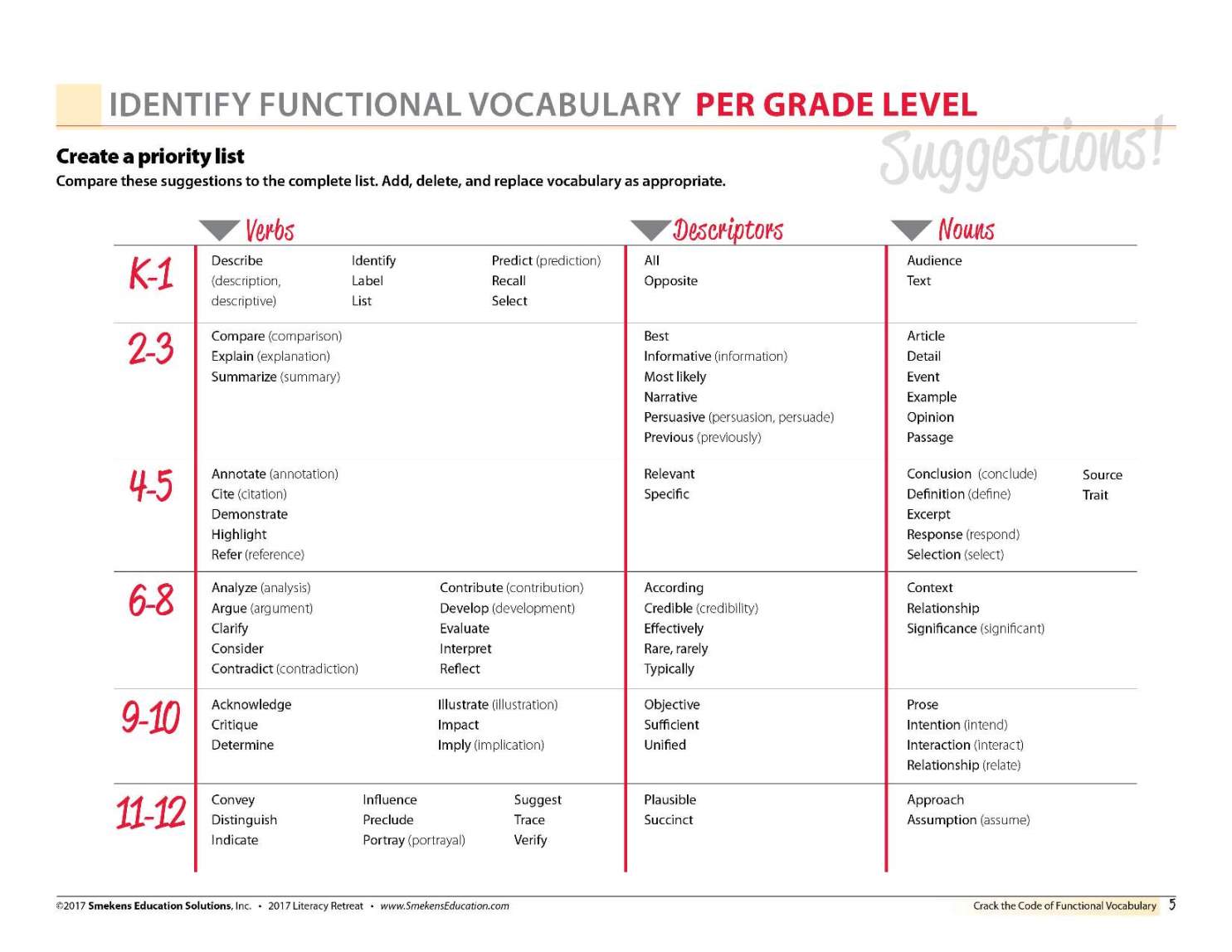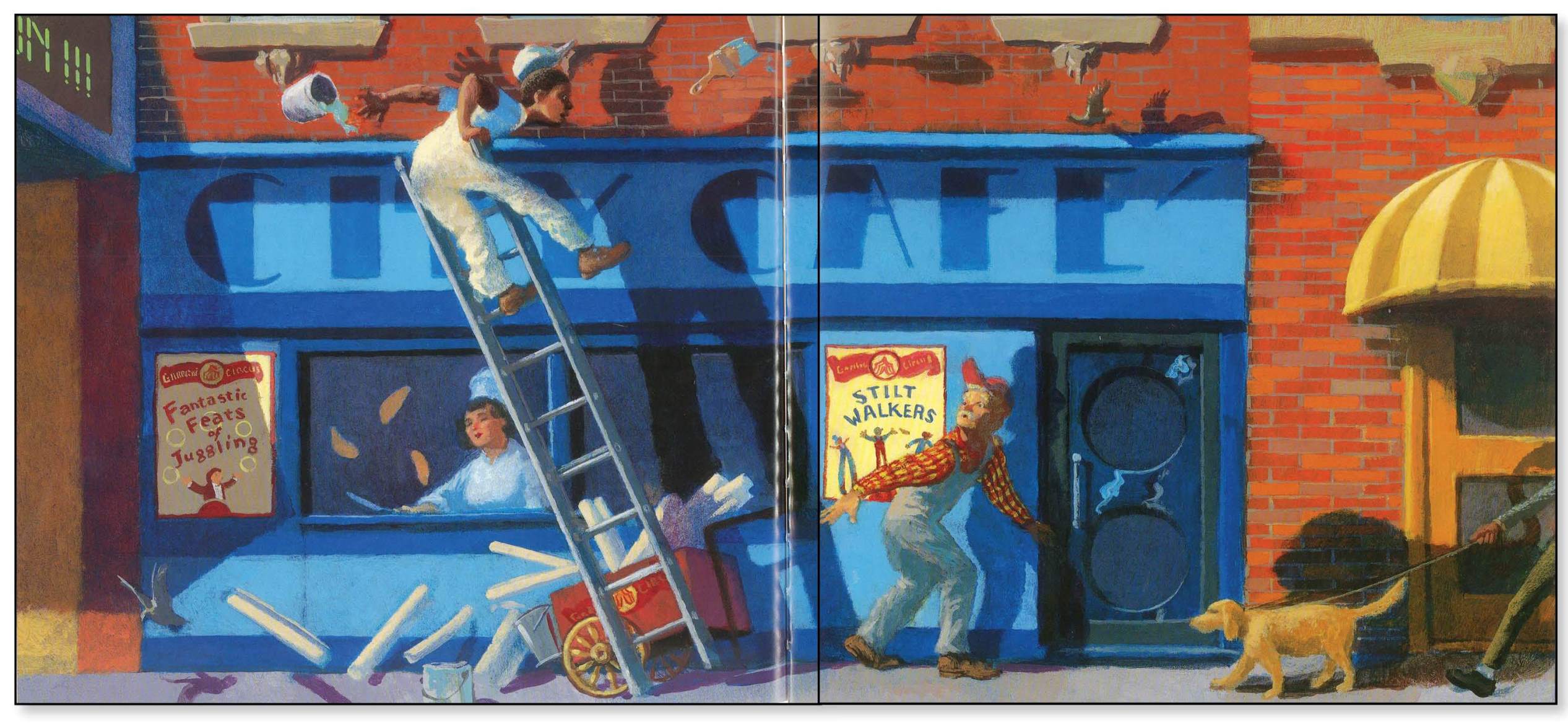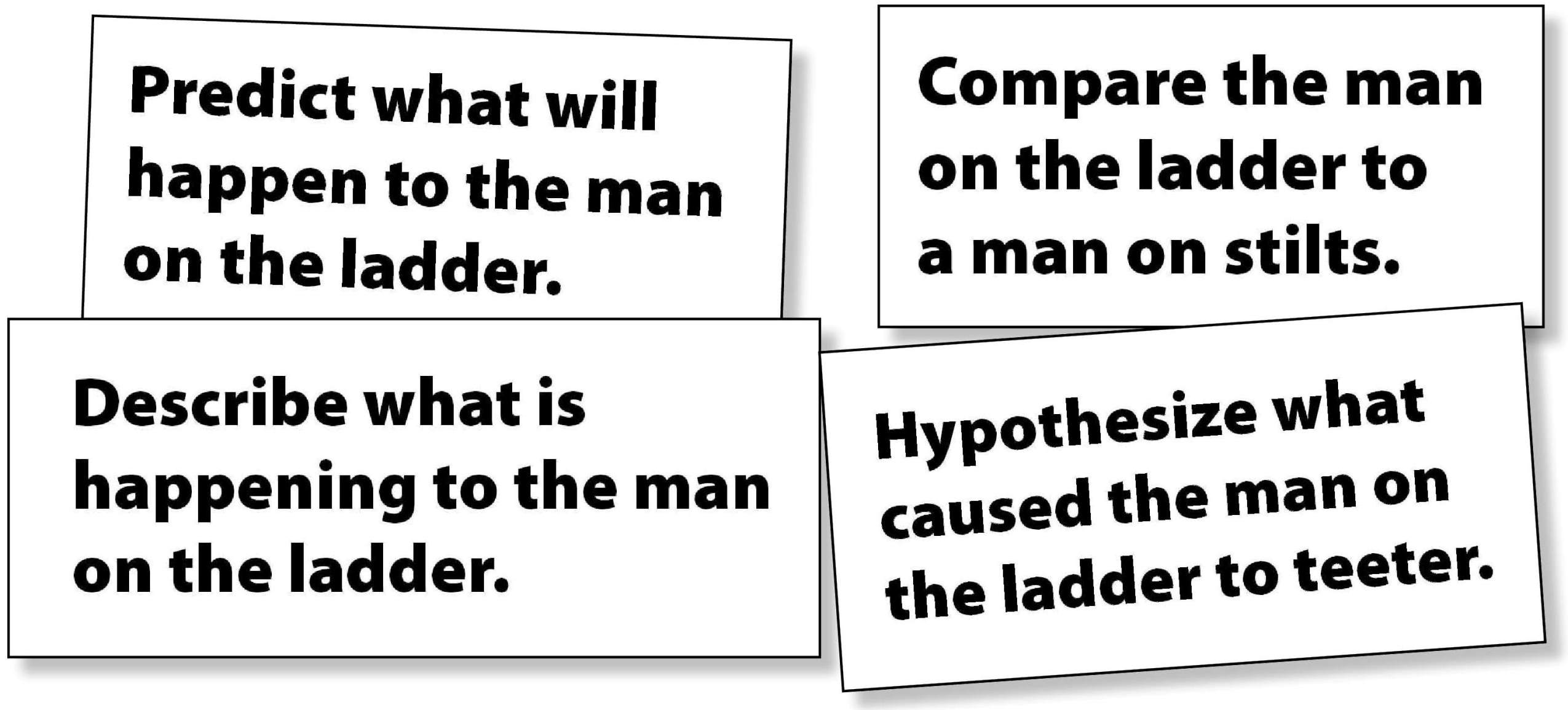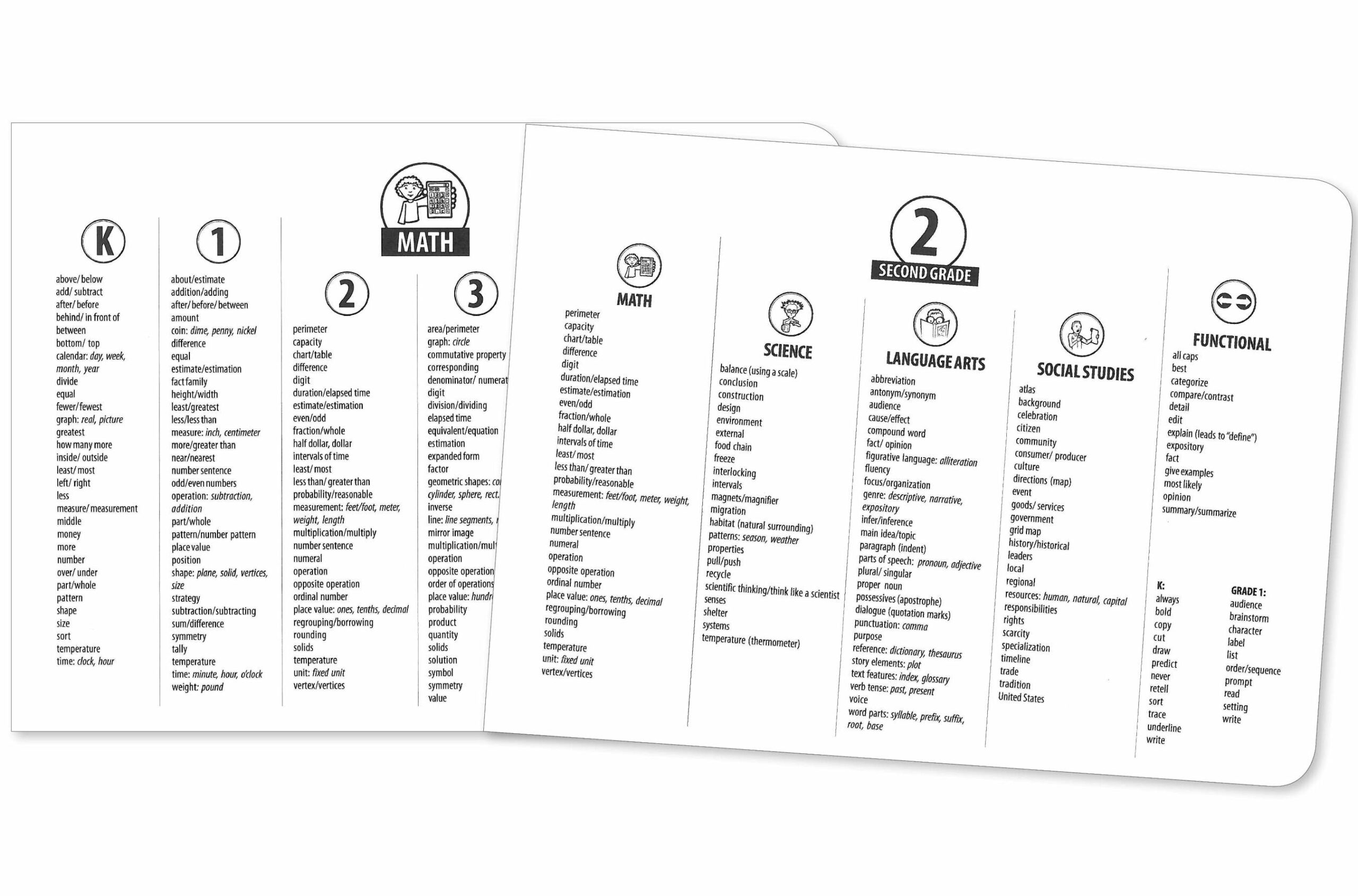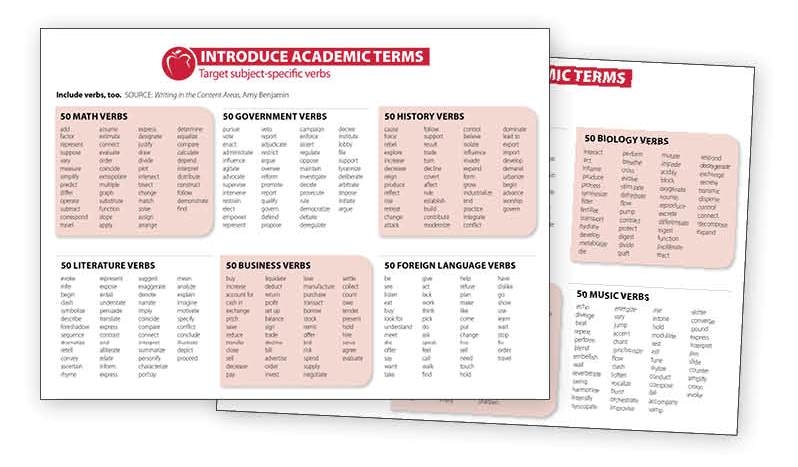Deepening Comprehension with Six Steps of Vocabulary Instruction
SECRET SITE
STEP 1:
EXPLAIN
STEP 2:
RESTATE
STEP 3:
SHOW
STEP 4:
DEVELOP
STEP 5:
REFINE
STEP 6:
PLAY
Address NEW WORDS
Recognize the power of vocabulary in comprehension
Use the island graphic to represent the 5 components of reading instruction. Vocabulary instruction resides on the Island of Comprehending.
Define reader voices
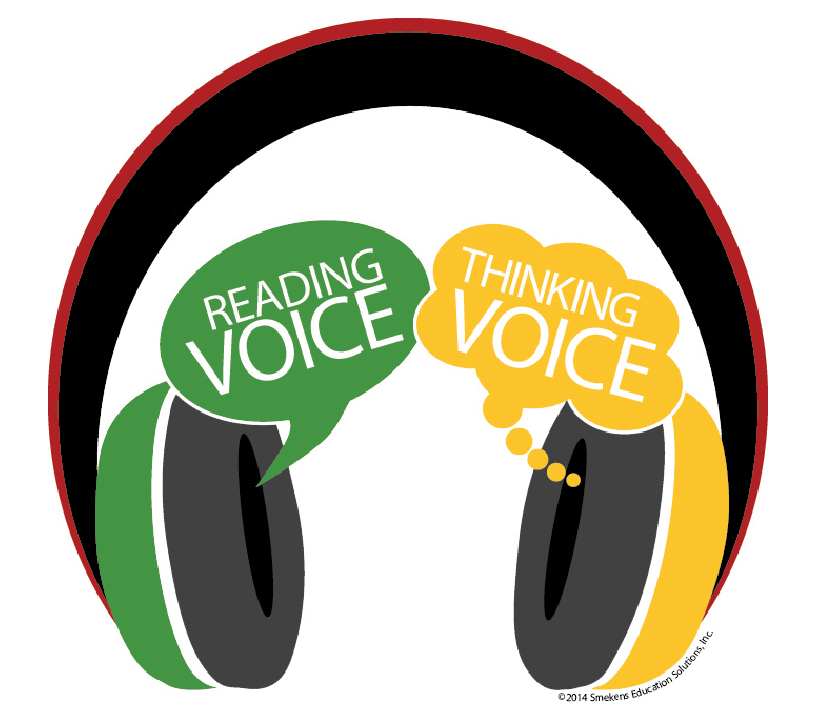
For intermediate grades, use the Beats™ Headphone graphic.
Provide 4 TYPES of Vocabulary Instruction
#1 Target incidental words
Help students determine the meaning of unfamiliar words using context clues
Post words digitally with padlet.com | Example
#2 Teach Greek & Latin roots
Apply the generative principle to root study
Any word part that carries meaning is called a “root.” Therefore, prefixes, suffixes, and bases are all examples of roots. Teach students to look “inside” the word to solve new words for meaning by looking for known Greek/Latin roots.
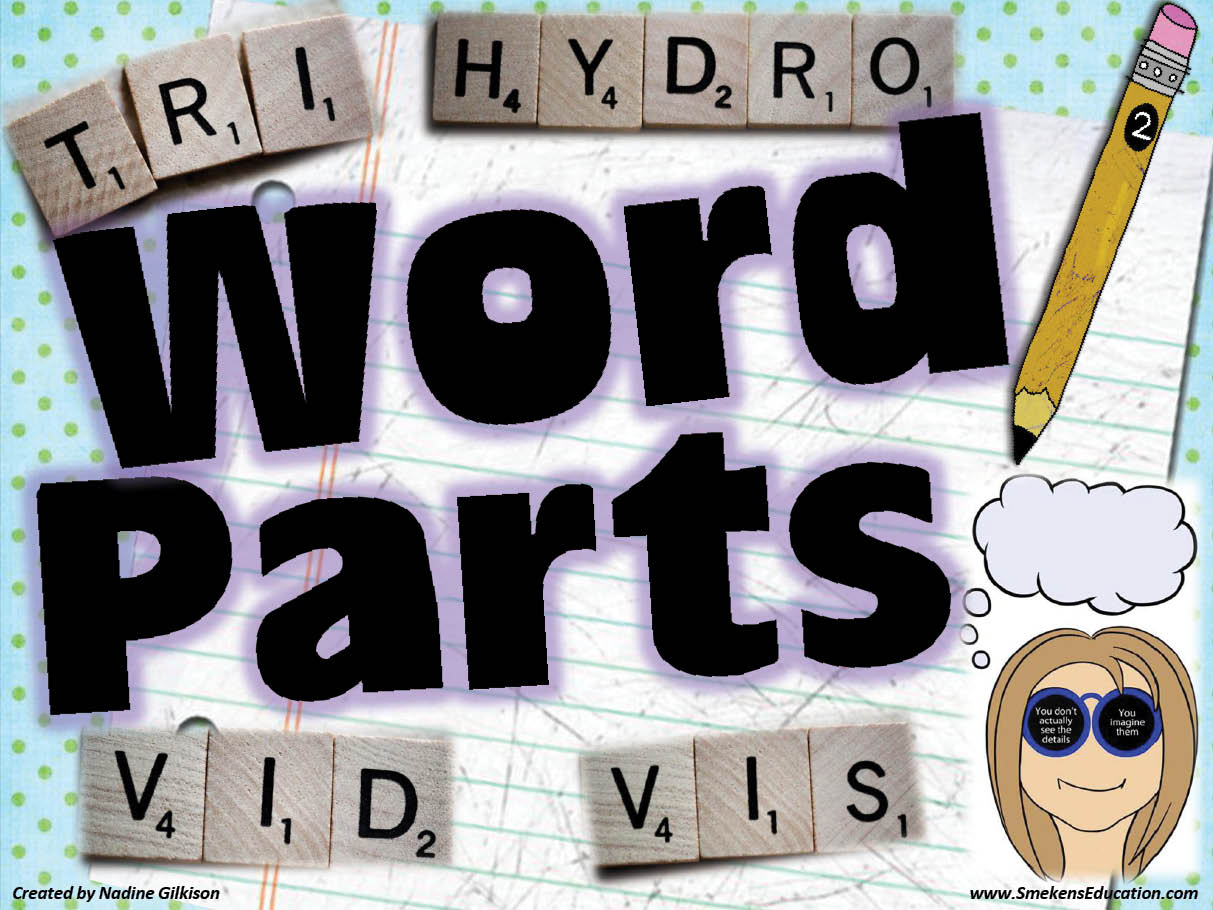
Create an anchor chart with the word part, a visual, and words that contain that root.
Smartboard | PDF | PPT
PPT Template | Student Examples
In each slice, students include a pictorial representation of the word and a student-friendly sentence that describes the word’s meaning.
Template | Anchor Papers | Smartboard
#3 Define general-academic words
Recognize the power in academic vocabulary
Teach functional vocabulary essential on standardized tests.
Select 10-15 words per grade level
#4 Prioritize domain-specific terms
Identify core vocab for each subject area
Dr. Robert Marzano’s research, and that of numerous other vocabulary experts, reveals that students must interact with a single word numerous times. (Different researchers claim 12-17 exposures.) To ensure academic success, prioritize the academic vocabulary most worthy of that level of instructional time.
Follow a process for identifying core vocabulary words per subject area.
Include subject-specific verbs with content-area lists.
Julie Meitzler, principal at Bluffton Harrison Elementary (Bluffton, IN) shared the lists her teachers created.
Click below to access resources for each of Marzano’s 6 steps.
STEP 1:
EXPLAIN
STEP 2:
RESTATE
STEP 3:
SHOW
STEP 4:
DEVELOP
STEP 5:
REFINE
STEP 6:
PLAY

